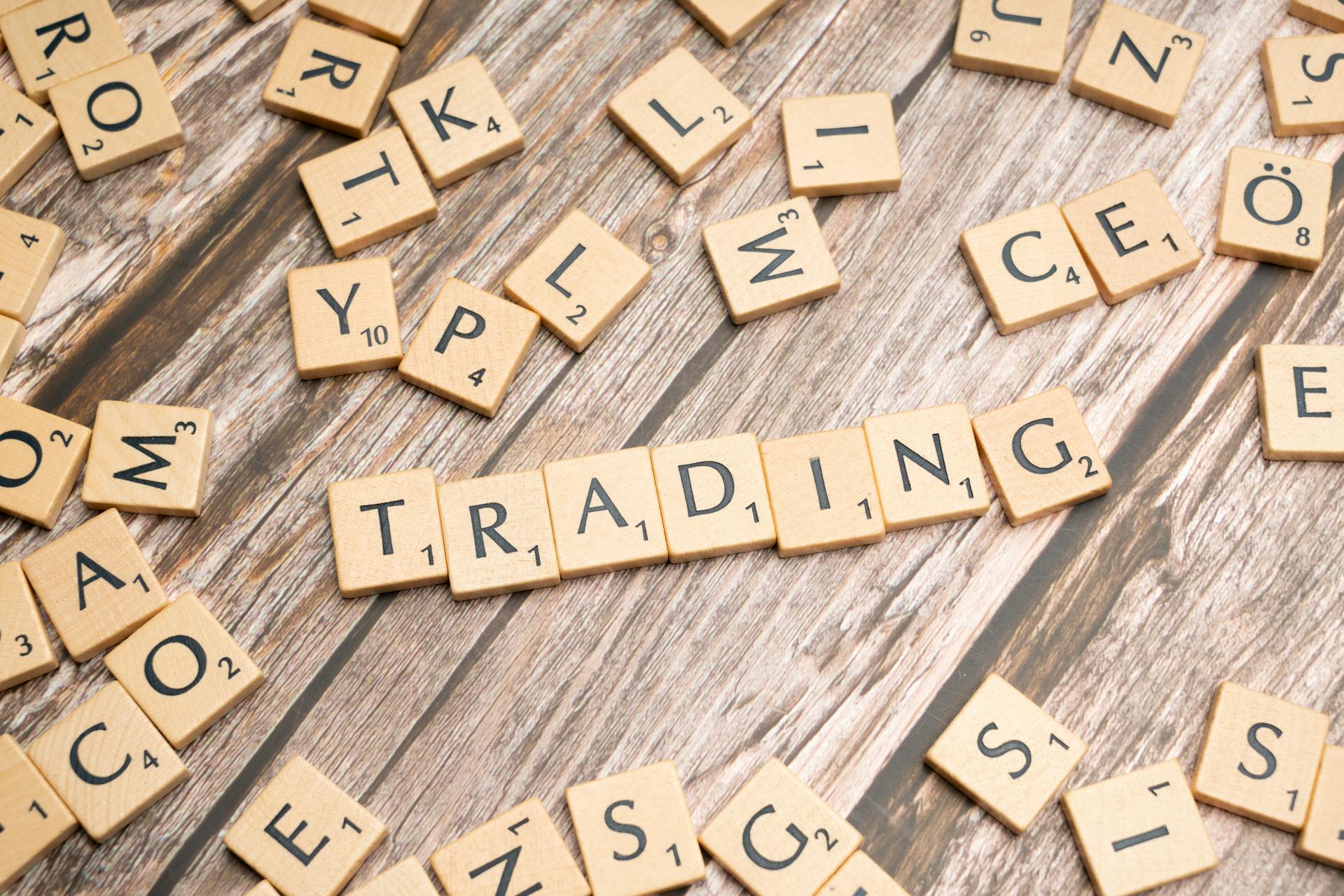Trump says he will put 100 percent tariff on semiconductors
President Donald Trump said Wednesday that he plans to impose 100 percent tariffs on tens of billions of dollars of imported semiconductors used in consumer electronics and other products, but indicated he would not charge companies that commit to making chips in the U.S.
“We’ll be putting a tariff of approximately 100 percent on chips and semiconductors,” Trump said at a White House event where Apple CEO Tim Cook announced plans to boost the company’s investment in the United States by $100 billion.
Trump said companies that make semiconductors in the U.S. will not face the levies. However, it was not entirely clear if he meant he would exclude chips that those companies import from abroad, or just observing that chips made domestically will not face tariffs.
“If you have made a commitment to build or are in the process of building, as many are, there is no tariff. If for some reason you say you are building and you don’t build, we go back and add it up, it accumulates, and we will charge you at a later date. You have to pay,” Trump said.
A White House official, granted anonymity to discuss the issue, said additional details will come in the official announcement. “But the point he’s clearly making is that the tariffs will be nuanced and phased in to reshore manufacturing while minimizing supply chain disruptions,” the official said.
The U.S. imported more than $60 billion worth of semiconductors in 2024, including more than $50 billion from Asia. Leading suppliers include Taiwan, Malaysia, Vietnam, the European Union, Thailand, South Korea and Japan.
China exported about $2 billion worth of chips to the U.S. last year. It is a significant source of chips used in automotive manufacturing.
The EU, as part of its recent trade deal with Trump, secured a commitment that it would only face a 15 percent tariff on semiconductors. South Korea and Japan appear to have won a similar commitment as well.
Trump’s announcement stems from an investigation that Commerce Secretary Howard Lutnick launched on April 1 under Section 232 of the 1962 Trade Expansion Act. That legislation empowers the president to restrict imports deemed a risk to national security.
Taiwan shipped about $12 billion worth of chips to the U.S. last year, barely edging out Malaysia as the top foreign supplier.
Taiwan’s government, in comments filed with the Commerce Department, urged the Trump administration not to impose tariffs on its chips, warning that this would “increase production costs” for the wide array of American companies that use semiconductors and “diminish the willingness of Taiwanese enterprises to invest in the United States.”
That seemed to be a reference to Taiwan Semiconductor Manufacturing Co.’s plan to invest up to $165 billion to build a major advanced semiconductor manufacturing cluster in Arizona — a project the Trump administration and its predecessor have been eager to support.
The new semiconductor tariffs are in addition to other levies Trump has imposed on industrial goods, such as 50 percent tariffs on steel, aluminum and copper and 15 to 25 percent tariffs on autos and auto parts. Those are intended to encourage more domestic production but also raise costs for companies that use the material.
Autos Drive America, a group that represents foreign brand automakers, has warned that a 25 percent tariff on semiconductors and semiconductor manufacturing equipment could increase vehicle production costs by $1,200 to $2,500 per car.
The Semiconductor Industry Association, the main U.S. industry group, has warned that “untargeted tariffs” could backfire on the U.S. “by raising the cost of developing technology and manufacturing chips at home.”
Lutnick’s Section 232 probe also covered semiconductor manufacturing equipment, but Trump did not mention that component on Wednesday.
Japan was the top foreign supplier of semiconductor manufacturing equipment last year, exporting $3.8 billion to the U.S. Singapore was second with more than $2 billion in shipments to the U.S., while the Netherlands, Germany, South Korea and Malaysia each supplied more than $1 billion and China about $900 million.
Ben Johansen contributed to this report.




















:quality(85):upscale()/2023/09/18/918/n/1922398/a1136b676508baddc752f5.20098216_.jpg)
:quality(85):upscale()/2025/10/09/670/n/1922283/00b944c868e7cf4f7b79b3.95741067_.jpg)
:quality(85):upscale()/2025/10/15/765/n/1922398/29c37a6e68efd84bb02f35.49541188_.jpg)
:quality(85):upscale()/2025/09/09/891/n/1922283/7222624268c08ccba1c9a3.01436482_.png)
















